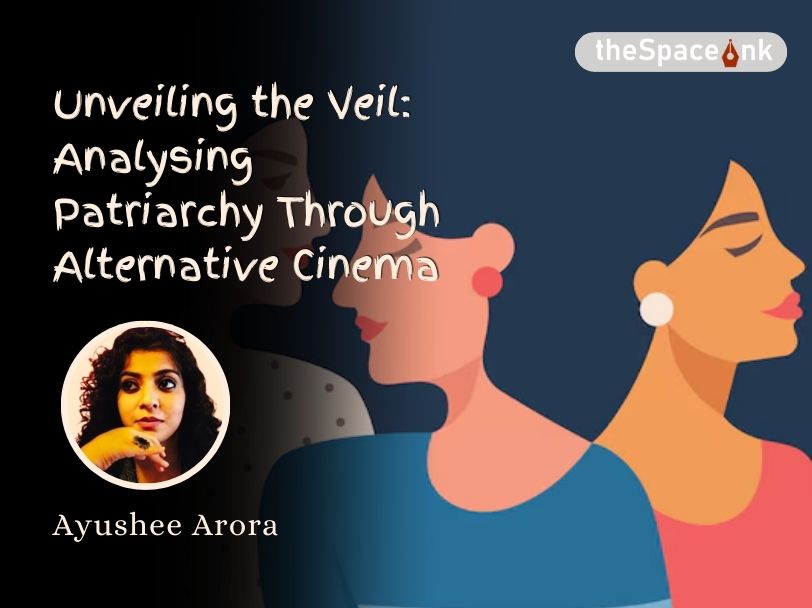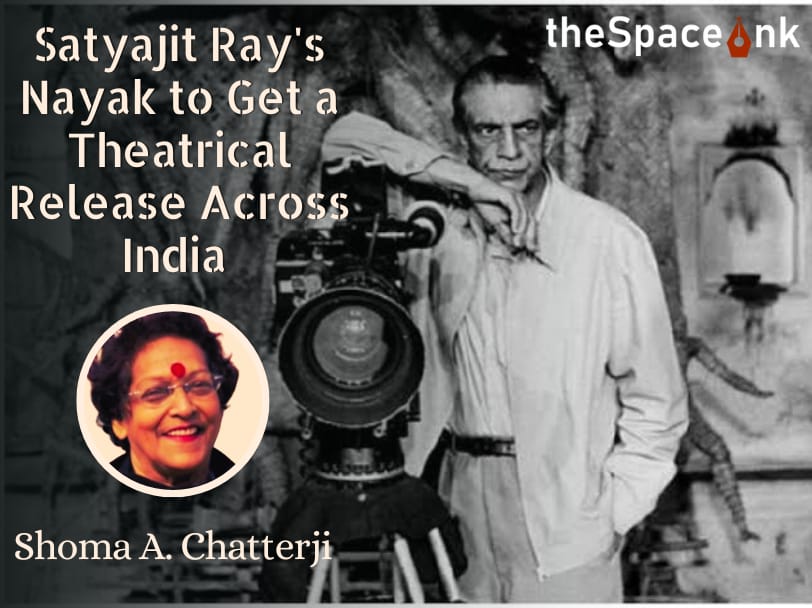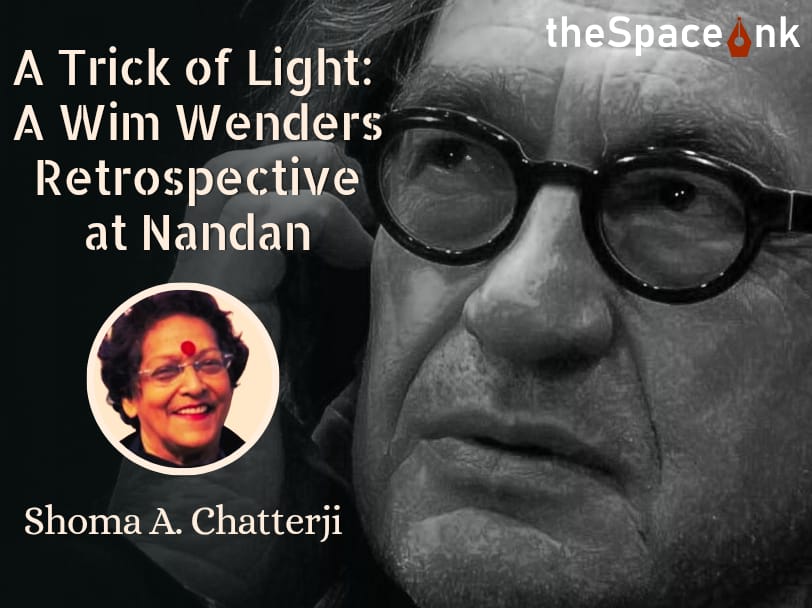Translator's Note
Soumitra Chatterjee is a creative genius. Apart from being an actor of international eminence and recognition he is a painter, a theatre actor-cum-director, a playwright, a magazine editor, an elocutionist and also a poet. Soumitra started writing poems in his late school days but seriously took to it once in college. Having the likes of Shakti Chattopadhyay and Sunil Ganguly among his friends did help Soumitra to emerge as a poet of prominence. His first book of poems (Jalapropater Dhaare Danrabo Bole) came out in 1975 and since then there are several books to his credit. In numerous private interactions with me Soumitra has most often raised his doubts about his poetry and why he almost never recites his own poems – ‘My poems are far too personal, and are okay for a very small and familiar audience. But I don’t think my poems are for a big audience.’ Having known him for some time, I am sure it is the profound humility of the artist which makes him utter these words.
When I approached him with the idea of translating his poems, even though a few from the ocean of more than fifteen collections, little did I know that the poems will unravel a different aspect of him, to me. I was confident to have read his poems earlier, many of them, over a few decades sparsely, though not all together with a purpose. Having written a book on him (Beyond Apu: 20 Favourite Film Roles of Soumitra Chatterjee, Harper Collins India, 2016), several articles in different magazines and newspapers and meeting him often at his sequestered den on Sunday mornings or weekday evenings I didn’t expect to unearth a diverse personality through his poems. Where is the confident man donning the silver screen for over six decades who would tell me emphatically once – ‘I can act in any state of mind?’ Or, the eloquent reciter many of us grew up listening to? Here is, as if, an inconfident man treading the pages of his life in uncertain steps. I rummaged the collections, to figure out how his poems evolved over time, to have a cue, and a clue. I was surprised to find the melancholy tune of a loner reverberating throughout the body of his work – the forms changed, the words became crisper and staccato, the images more direct though picturesque. Yet, the portrayal of an outsider clung to my mind like a desperate leech. And only then I realised what he meant when he once said, ‘I could have never survived in Bombay. My poetry wouldn’t have survived in that environment. Hence, I never thought of migrating there for work.’ Soumitra Chatterjee’s poetic mind helped him endure even in the lackadaisical milieu of Bengali cinema. It helped him reinvent the power to be surprised by the small nuances of life. Something he keeps on doing even now with his latest passion – painting. Poetry sprinkled Soumitra Chatterjee’s creative space, his mind, his personality. He owes his acting fluency from his poetic liaisons, it is his second nature, much like his acting skills.
The new angle of Soumitra Chatterjee’s creative oeuvre is why I wished to name the anthology Rendezvous with Soumitra. It is like meeting a different Soumitra through his poems – a different persona, a different artist, an intimate journey for the reader. After the long trials and tribulations when the final manuscript was off for printing the name changed to Walking through the Mist. The book was delayed for reasons beyond control, finally being published in the electronic format at a time when the Covid 19 had set its foot in Kolkata. The hard copy of the book was published eventually after an agonising wait from my end. Soumitra-babu (as I call him) asked me a few times about the book, he wanted to see its physical avatar, but it was not in his taste to rush me for it. Finally when the printed copies reached him, he had already left for the hospital, the one final time.
For the anthology I chose the poems that appealed to me most for their passionately dispassionate rendering of the solitary man, his struggles, his defeats and his eternal quest to rise from the ashes. Being a poet myself, the selection is biased by my personal poetic choices. Even though I write poems in both Bengali and English, I found the job of translating poems quite arduous. So we did meet at his quaint corner, mostly in the evenings to discuss the translations. We ended up recalling poetry and art of others, and occasionally I insisted he listens to my translations. He explained a few things, some connotations that eluded me initially. I am grateful that Soumitra-babu was generous enough to allow me a free will at selecting the poems for translation.
Images, metaphors, symbols, mythical references and the likes may get diluted through translation. Yet, translations open up jewels of one language to the interested readers seeking to soak in the experience. I reasoned with him that a language-to-language translation makes it difficult to express the soul of a poem. Each language has its own fragrance and charm. Soumitra-babu had always been accommodating to me. For several occasions across the years whenever I had written about him he had almost always embarrassed me by saying ‘you don’t have to show me what you have written. I know it will be good.’ But this time, I felt he wished for a literal translation without my own poetic vision in it. And he explained it with an anecdote in his customary style – ‘When I was young, in theatre, I loved to do makeup. When I sit before the mirror and wait for makeup, it is my transformation time. I stare at the mirror to trace my transformation in front of me. To me that is the most crucial part of my preparation before any performance on stage. That is how I focus. The role of a translator is the same as that of makeup. It translates the artist to deeper meanings. Not to provide one of his own. Just a medium, the best makeup is the natural skin, to be unnoticed.’
[Edited excerpt from Walking Through The Mist by Soumitra Chatterjee (Translated by Amitava Nag), Dhauli Books, 2020.]
Five Poems
And quiet flows Kopai
The khalasi is cleaning a truck in Kopai,
The water of the river
Drips and drains away pain.
A day will come
I am no longer here,
A different khalasi greets
Kopai anew.
(A khalasi is a helper of a truck-driver who runs all the small errands)
For a few moments, a river stays
Only for a few days
a man remembers his love,
Only for a while a river calls for a man
For a few moments at the most, a band of images
parade on the bank of shadows,
Only for a while –
a river remains a river
a man continues to be a man – pure,
Then after –
sand and dust leave a desert inside his veins – arid,
there is no crop left
golden – for the birds to savour,
colours fade,
When a river moves away
love leaves,
Only for a few good days
Women visit the river for water,
Deer play.
Walking through the mist
Maybe if I walk through this mist
I will reach near your loneliness, or
Never ever.
In this sluggish, post-summer afternoon
I can remember, once my day was over
When I was in the midst of my work, and many other,
Oh, even beyond the length of my longest work,
I could see the pained look in your eyes, but
I could never touch your solitude.
Now, in the mist I search
For the times lost
Between you and me.
After travelling so far
After travelling so far my age
Finds me alone and whispers –
‘Leave your pain here if you wish yourself luck,
Else, your love will not be able to proceed with you
Till the end’.
At that time the two of them
Are resting in the shadow of a giant redwood tree,
The mountain overlooking them is
An angry blue bull bending his horn,
I come to them and announce, quite firmly –
‘Henceforth I will take care of love, I can’t
Further journey with pain’.
Pain seems to have bewitched love
who smiles at me – ‘don’t worry,
from now on I will carry the weight of your pain’.
Saying this, love starts walking along with me,
And, my pain accompanies him like a shadow
Garlanding his feet in weightless silence.
Payer for your health
(dedicated to Satyajit Ray)
Wishing your recovery since you are the bridge –
Between us and sanity,
We, the humans, have not returned to mother nature
With our debts, not even art,
Thirsty and lost we have so long followed
Shiny mirages, but in vain.
You are the road I yearn for,
I come to you endlessly with the dividends of my dreams, you keep well
Please.
In the map of existence,
You are always,
my pathway to beauty.
Paperback and Kindle versions of Walking Through The Mist are available on amazon.
Soumitra Chatterjee (1935 - 2020) is one of the greatest and most influential actors in the history of Indian and Bengali cinema. He was also a playwright, poet, artist and theatre director.







